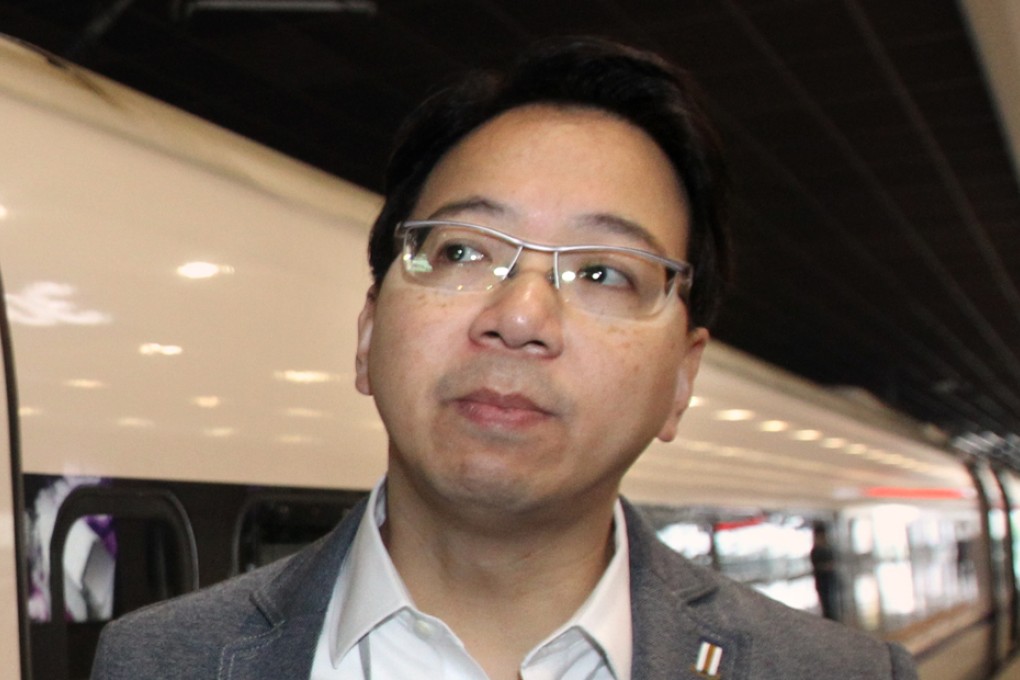Innovation and technology vital to Hong Kong's future competitiveness and productivity
On April 16, IT sector lawmaker Charles Mok was the mover of a joint statement backing the setting up of an innovation and technology bureau and urging fellow legislators not to mount a filibuster during the debate on this issue

On April 16, IT sector lawmaker Charles Mok was the mover of a joint statement backing the setting up of an innovation and technology bureau and urging fellow legislators not to mount a filibuster during the debate on this issue.
A filibuster is characterised as a form of obstruction in a legislature. It is a strategy employed by minority representatives to give them some leverage in defence of their constituents' interests. Executed shrewdly, it can be a David and Goliath tactic that can be successful.
Hong Kong has been criticised for lagging behind its rivals in cultivating a new sustainable economy. The performance of its economy over the last decade has been unimpressive. In real terms, average personal incomes have seen little or no growth, meaning Hongkongers' lives have not improved.
Also, Hong Kong's increasing economic reliance on mainland China is a cause for concern. If the SAR's free economy is homogenised with the mainland's towering planned macroeconomics, there could be unforeseen and dangerous consequences.
I am vice-chairman of a think tank advocating innovation and technology. Those lawmakers planning a filibuster need to be told that the only logical path to preserve Hong Kong's economic independence and core values lies with continuous enrichment in innovation and technology. They are vital to prolong the city's global competitiveness while maintaining its productivity against systemic risks such as an ageing workforce and obsolete human resources.
The proposed innovation and technology bureau can formulate policies to reinvent Hong Kong, help legislate against technology crimes and attract foreign investment and talent.